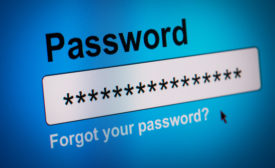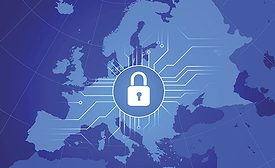Cybersecurity News
Clear, Purge & Destroy: When Data Must be Eliminated, Part 2
Part 2 of a 2-part series on information disposal requirements
November 1, 2018
Sign-up to receive top management & result-driven techniques in the industry.
Join over 20,000+ industry leaders who receive our premium content.
SIGN UP TODAY!Copyright ©2024. All Rights Reserved BNP Media.
Design, CMS, Hosting & Web Development :: ePublishing













